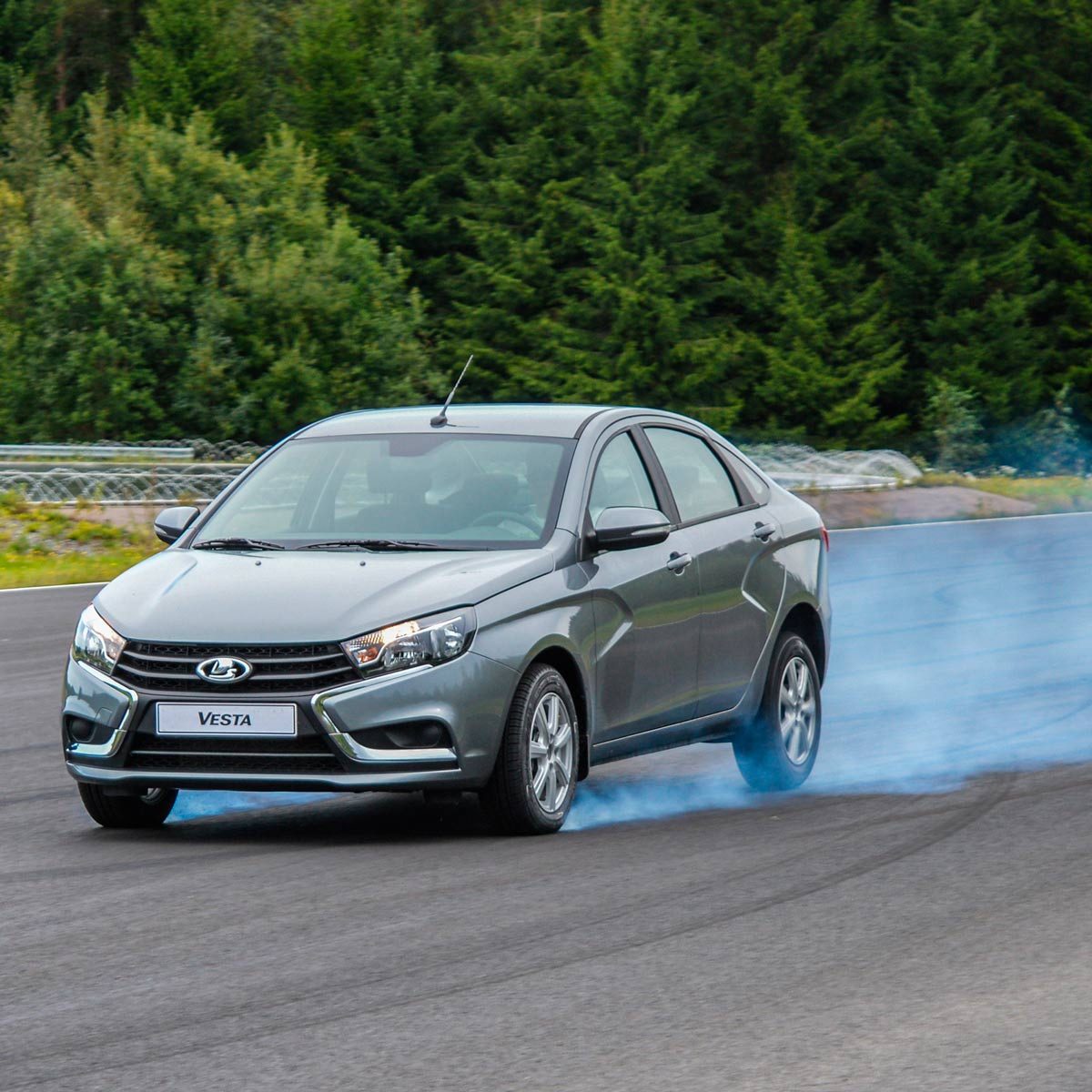What does it mean when your brakes are smoking? Learn the causes and DIY fixes for smoking brakes along with brake overheating systems.

Causes and DIY Fixes for Smoking Brakes

Are your brakes smoking? In most cases, the presence of smoke requires immediate corrective action. New brake pads represent an exception, but still require your attention.
Smoke results from excessive heat; a brake system generates heat because of friction and the greatest source of friction in this system lies in the pad-rotor or pad-drum contact.
Prevent an expensive repair: Here’s how to check your brake pads.
On This Page
First, How Are You Driving?
Overheated brakes (and yes, smoke) can result from excessive braking. Hard braking from high speed, accelerating and braking at the same time and continuous braking while driving downhill, all may cause excessive heat to build up. Stop your vehicle and let it cool. If you must resume downhill travel, it’s better to shift into a lower gear, that limits your speed, rather than riding your brakes.
Proceed with care once you recognize evidence of smoking brakes. Overheating the brake system can cause brake fluid to boil, which changes its composition and leads to system failure. Even if you plan to fix the problem yourself, you may want to consider a tow if the issue is related to mechanical malfunction and cannot be corrected immediately.
Learn how to change your brake pads. (It’s easier than you think.)
Brakes Smoking After New Pads and Rotors
Many new brake pads need a break-in period. Although manufacturers thoroughly prepare new brake pads for use, the demands of a caliper piston pushing the pad against a quickly turning rotor exceed conditions they can replicate in production. Many pads, therefore, experience a final cure during the days after installation and may emit some smoke as part of the process. If your brakes smoke a little, the vehicle does not pull to one side, it accelerates freely, and a visual inspection shows good pad motion, then watch the situation. Curing should resolve within a few hundred miles.
This is how to check your brake fluid yourself.
What Does It Mean When Your Brakes Are Smoking?
Eliminate post-installation curing of new brakes from the discussion and several mechanical issues remain to explore. Most likely, overheated brake pads come from a malfunctioning caliper (disc brakes) or wheel cylinder (drum brakes). In either case, pistons that transfer hydraulic pressure to the pads can corrode and stick. When stuck in the extended position, the pads can build up enough heat to smoke. And this is what to do if your car shakes when braking.
Here’s when you should replace your brake rotors and how to do it.
Corrosion Can Cause Stuck Caliper Pins
Corrosion can also foul caliper motion at the carrier pins and cause them to stick.
Prevent either of these situations by lubricating any moving parts with a high-temperature brake grease each time you do brake work. This small investment in time and effort can help you avoid headaches later. Uneven wear from opposing sides of the rotor or drum can indicate the beginnings of a problem. Once the malfunction occurs, however, corroded brake pins should be replaced (cheap and easy) and calipers or wheel cylinders may need replacement or reconditioning (a larger investment of time and money).
Less Common Causes of Smoking Brakes
Less common causes of smoking brakes include road debris obstructing caliper motion or internal debris blocking the flow of brake fluid so that pressure does not subside when you release the brake. Rectify the former simply by clearing the obstruction. The latter may require a fluid change or new brake line to resolve. While you’re at it, learn about DOT 4 brake fluid.
Learn what different warning lights mean on your dashboard and what to pack in a roadside emergency kit.
Learn the things to never, ever do to your car in the video below.




















